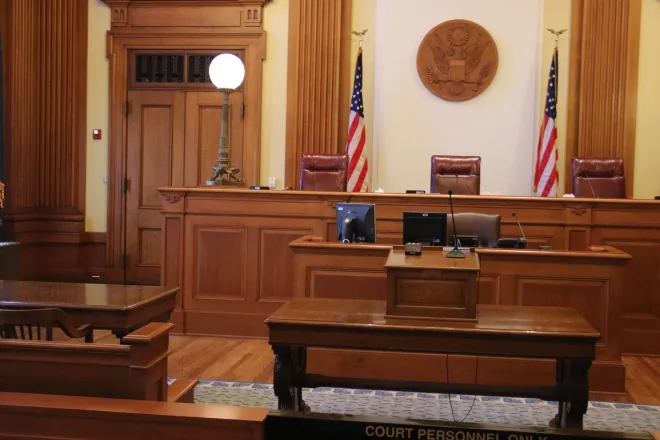
Tax policy committee finalizes bill recommendations for 2025
© Jerome Maurice - iStock-1426962165
In its final report, the Legislative Oversight Committee Concerning Tax Policy recommended the General Assembly take up five different bills in its 2025 session.
The purpose of the committee is to review the state’s current tax policy and the tax expenditure reports from the Office of the State Auditor.

© iStock - Ligorko
Throughout the past year, the committee heard reports on 23 different tax expenditures, including everything from film tax credits to a credit for unsalable alcohol.
In response to those reports, the committee recommends the General Assembly pass Bill A in 2025.
That bill would lead to the eventual discontinuation of a number of credits and tax expenditures considered, while increasing others.
One credit granted an extension is the “reducing emissions from lawn equipment income tax credit,” which is currently set to end in 2027. The bill would extend that credit until 2030.
The other recommendations, as detailed by a summary report from the committee, include
- Bill B, or the Senior Housing Income Tax Credit Extension: For tax years 2025 and 2026, the bill would extend a refundable income tax credit for senior taxpayers over the age of 65 with incomes up to $75,000 for single filers and $125,000 for joint filers who have not claimed a homestead property tax exemption. The maximum credit amount is $800, which would be granted to those with incomes under $25,000. The credit amount decreases incrementally for those with an income of over $25,000.
- Bill C, or the Modification Long-Term Care Insurance Income Tax Credit: The bill would modify the tax credit for purchasing long-term care insurance beginning in tax year 2025. If passed, it increases the amount of federal taxable income a taxpayer may have and still qualify for the state income tax credit. It also doubles the amount of the credit a taxpayer may claim, while adjusting both of those amounts annually for inflation.
- Bill D, or Income Tax Expenditures for Service Members: The bill would eliminate an existing income tax deduction for certain active-duty military service members who reacquire Colorado residency, and would create a new refundable income tax credit that expands available tuition assistance for eligible members of the Colorado National Guard. The old tax credit would end and the new tax credit would begin in the tax year 2027.
- Bill E, or the State Tax Expenditure and Grant Database: The bill would create an online database for all qualifying state tax expenditures and state grant opportunities that are managed by the Department of Revenue. The database would need to be created by December 31, 2026, and the bill would require that the information must be reviewed and updated on an annual basis.
The Task Force Concerning Tax Policy, which is overseen by the committee, also met on Thursday to consider its final report, which they expect to finalize by January. The report will present a series of recommendations for the committee to consider.

















